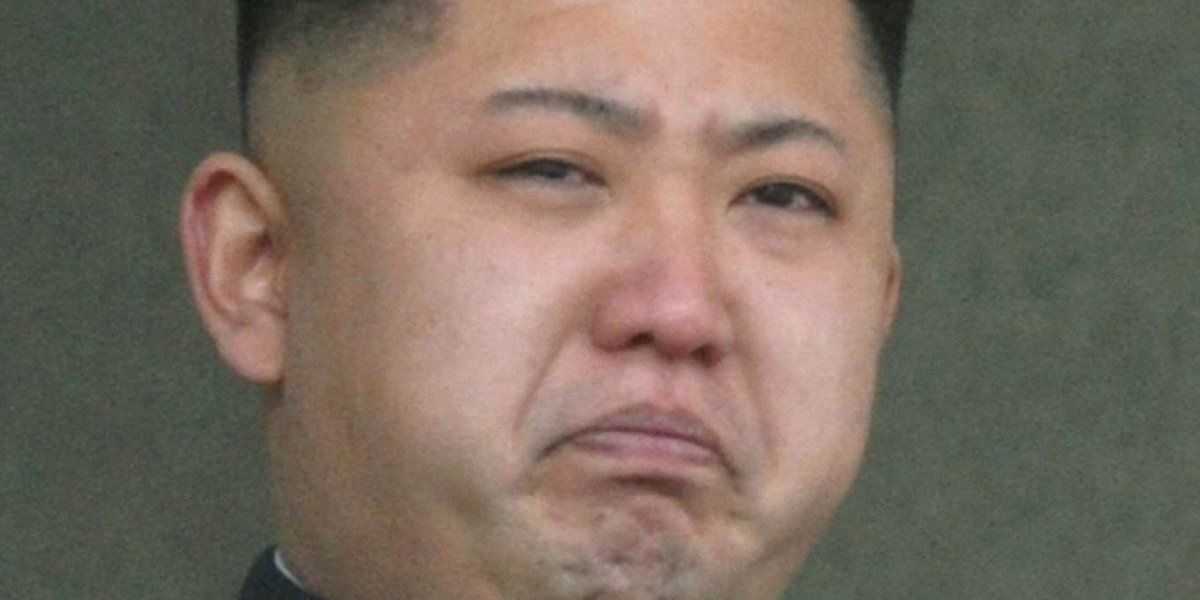1.79: And the Oscar goes to… North Korean leader Kim Jong Un, who cried as he urged women in his country to help reverse a declining birth rate. As of 2022, an average North Korean woman would have 1.79 children over the course of her life, down from 1.88 in 2014. Food shortages in North Korea, one of the poorest countries in the world, could be contributing to women having fewer babies, but neighboring South Korea, despite its far superior economy, has an even lower rate, just 0.78 children per woman.
8 million: The WHO wants you to drop the pop and ditch the booze. The international health org is calling on governments everywhere to raise taxes on alcohol and sugary sweetened beverages in an effort to reduce health risks and deaths from both. “Globally 2.6 million people die from drinking alcohol every year and over 8 million from an unhealthy diet,” says the WHO.
65: The El Niño weather phenomenon continues to be tied to fatal, destabilizing climate events across the globe. At least 65 people in Tanzania have been killed in recent landslides and floods caused by torrential rain, according to Prime Minister Kassim Majaliwa. Roughly 5,600 people have also reportedly been displaced by the landslides. The heavy rainfall is linked to El Niño, which has contributed to fatal downpours in neighboring countries as well.
2: It's me, Hi, I'm the Person of the Year, it's me… Taylor Swift is Time’s 2023 “Person of the Year.” The pop sensation has now been a Person of the Year two times – in 2017 she was included as part of the “Silence Breakers” – a group of women at the center of the #MeToo movement.
